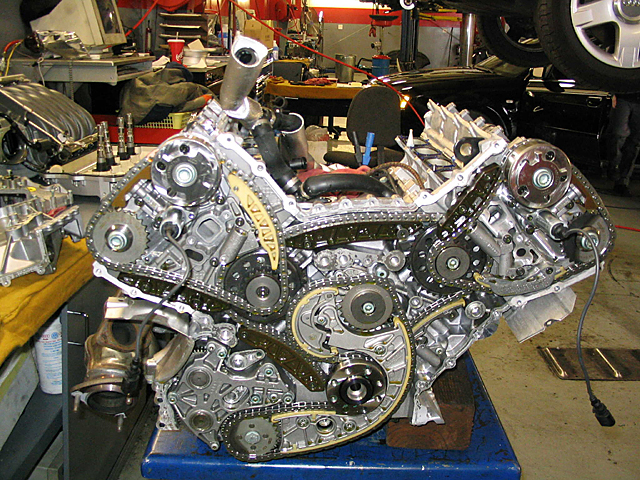After 3 months of driving for a local Napa store delivering parts, I have witnesses a lot of cars and trucks being repaired.
One thing I have noticed is how many components are so well hidden that should be easy to change out, but are not.
Example: Toyota Tundra starters are hidden under the intake manifold. It is a 4 hour job to change out the starter, insane IMHO. Cost to the owner , 600 bucks, hey , thats what they are charging in our town. I know , it does not sound right, but that's what it is.
My opinion, before you buy your next new or used ride, ask around on the cost of replacing parts, you may change your mind. PS, I am not a car mechanic, I am just reporting what I was told as I observed some of these jobs going on...
One thing I have noticed is how many components are so well hidden that should be easy to change out, but are not.
Example: Toyota Tundra starters are hidden under the intake manifold. It is a 4 hour job to change out the starter, insane IMHO. Cost to the owner , 600 bucks, hey , thats what they are charging in our town. I know , it does not sound right, but that's what it is.
My opinion, before you buy your next new or used ride, ask around on the cost of replacing parts, you may change your mind. PS, I am not a car mechanic, I am just reporting what I was told as I observed some of these jobs going on...


